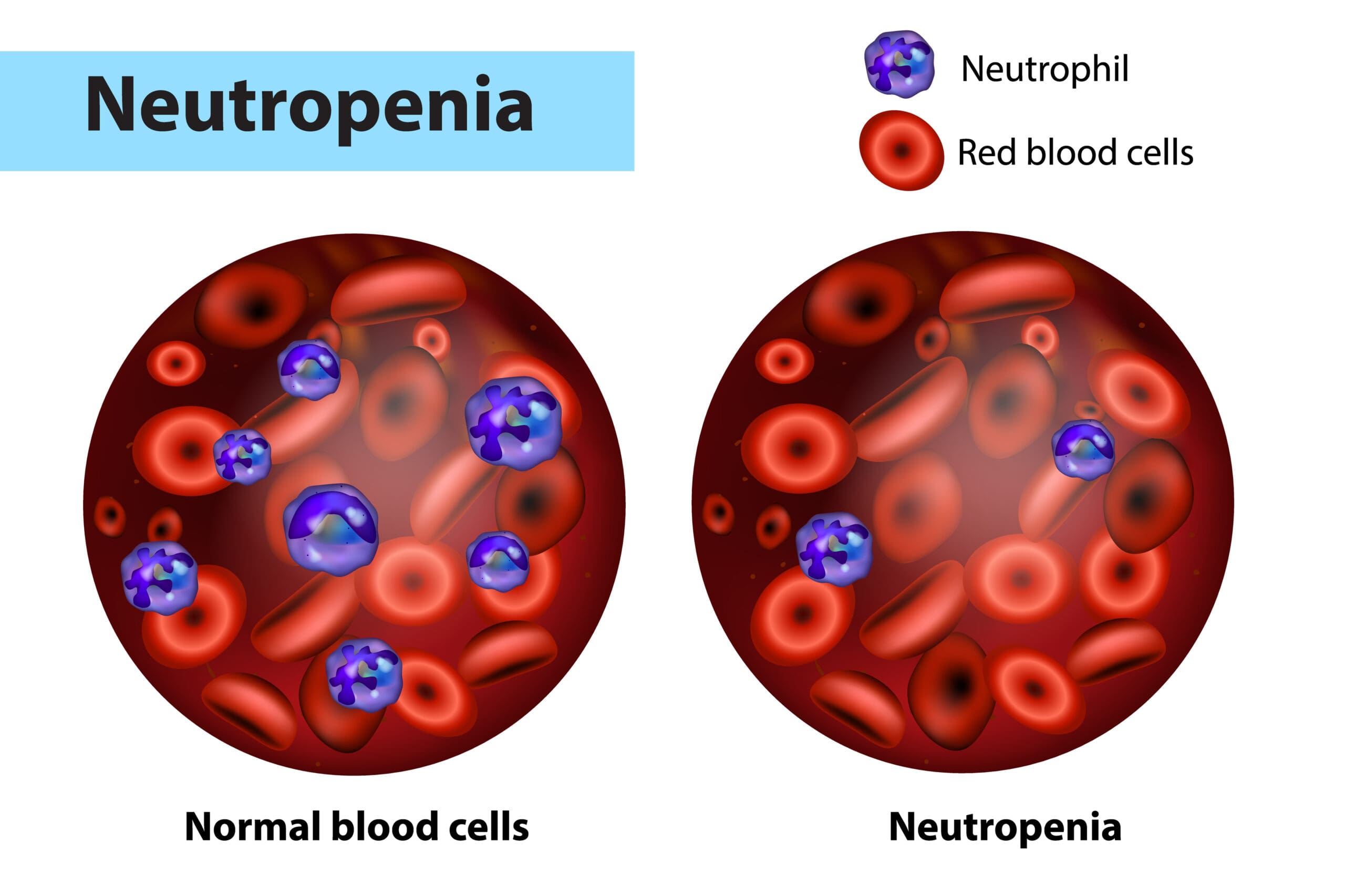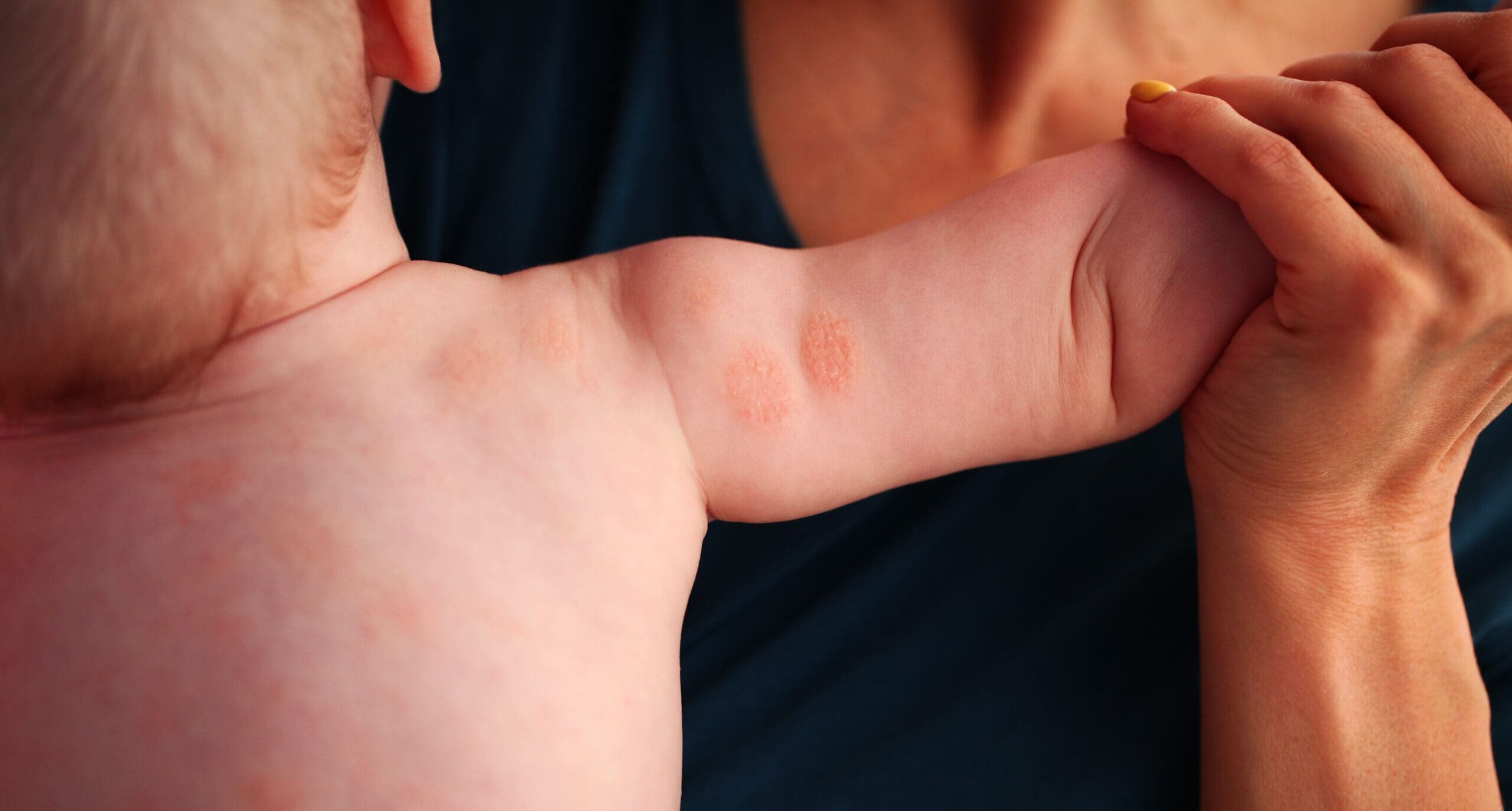Are your clothes harming you?
By Louise Belle BHSc (Nut Med)
We all know that we are exposed to chemicals in our environment such as car fumes, pesticides and cleaning products. Have you ever thought about the clothes you’re wearing? Did you know that the clothes you are wearing right now have probably been washed, dyed and treated with an array of chemicals? Let’s take a look at some of the chemicals that are used during clothing manufacturing:


- Flame retardants: Flame retardants such as bromine are commonly used to treat clothing in order to make them less flammable- children’s sleepwear are almost always treated with flame retardants. Flame retardants have been linked to endocrine disruption and fertility issues.
- Formaldehyde: This chemical which is used to preserve dead bodies, is often used in the clothing industry to prevent wrinkles and mildew in clothing. Formaldehyde is a carcinogen and has been linked to dermatitis and lung issues.
- Insecticides: Did you know that one of the highest uses for insecticides is actually the cotton industry? Cotton crops are heavily sprayed with insecticides whilst they are growing.
- PFC: Perfluorinated chemicals are used to make clothing stain resistant and waterproof, commonly used in clothing designed for outdoors. PFC’s have been associated with reduced fertility and thyroid hormone disruption. Keep an eye out for the ‘Teflon’ label on clothes you buy.
- Azo dyes: The textile industry frequently uses azo dyes, particularly in dark-coloured clothing such as jeans. They are known to break down and release aromatic amines which are carcinogenic.
What can you do?
- Purchase second hand clothing: Second hand clothing is likely to have been washed multiple times and therefore the levels of chemicals will have reduced.
- Wash clothes before use: Always wash your clothes before you wear them! This is usually seen as a ‘suggestion’ but washing your clothes will limit the amount of chemicals you absorb when wearing them.
- Buy organic clothing when you can: There are some brands that use organic cotton or bamboo fibers and natural plant dyes when manufacturing their clothing. It would be beneficial to purchase these where possible, particularly for undergarments.
- Exercise: A great way to remove toxins from your body is by exercising. Your skin is the largest organ of your body and when you sweat you excrete toxins.
- Support your liver: Following a liver friendly diet filled with lots of liver loving foods such as cruciferous vegetables, leafy greens, citrus fruits, herbs and spices will support your liver in processing toxins.
- Do a Cleanse: We are exposed to toxins in nearly every aspect of our environment and it can be hard for the liver to keep up. Supporting your detox pathways by doing a Cleanse a couple of times a year is a good idea. The Dr Cabot Cleanse is only 15 days long and supports your liver, gut and immune system.








Leave A Comment